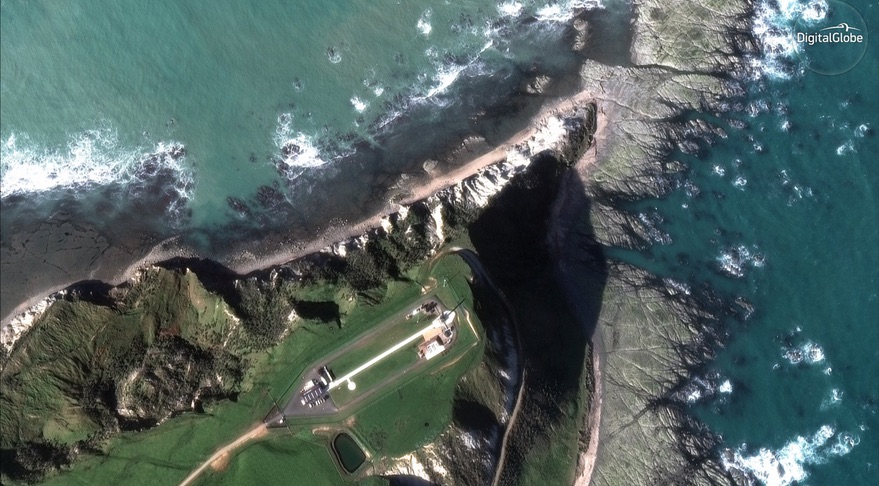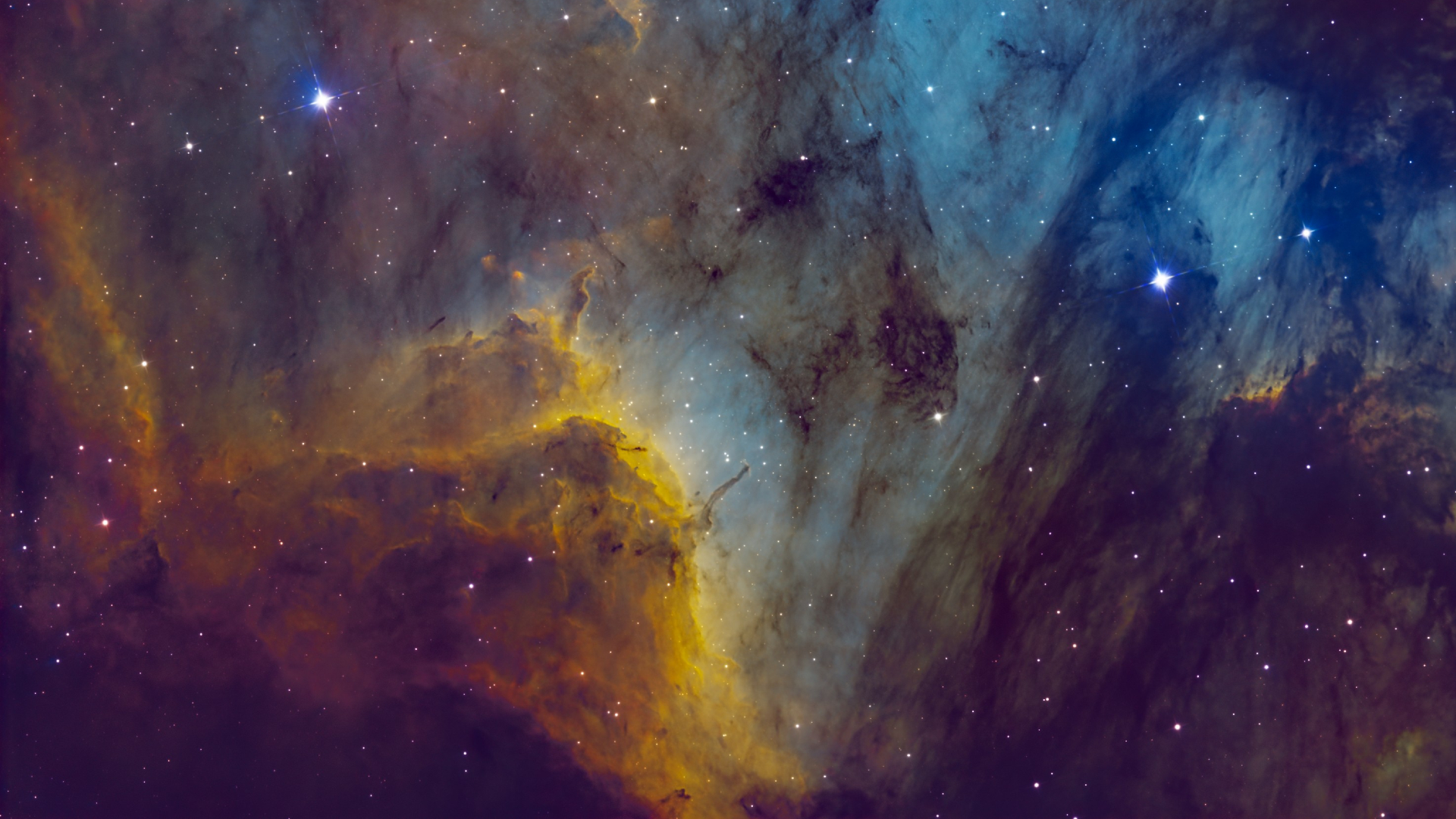Rocket Lab Waits Out Weather Delays

WASHINGTON — As weather continues to delay the first launch of its Electron rocket, Rocket Lab's chief executive said the company remains patient until conditions are right to attempt a flight.
Rocket Lab postponed its third attempt to launch the Electron rocket from its launch site on New Zealand's Mahia Peninsula May 23, citing concerns about "triboelectrification," or electrical discharges as the rocket passed through high-altitude clouds. Similar concerns postponed a launch attempt the day before, and high winds delayed the initial launch attempt May 21.
"Similar to yesterday, high altitude cloud created a risk of triboelectrification. Our team were able to fuel the vehicle and prepare it for flight, but worsening weather conditions meant we were forced to delay," Rocket Lab Chief Executive Peter Beck said in a statement after the latest postponement. "The team did a great job today, and our operations are running smoothly."
In a telephone interview earlier May 23, Beck was optimistic that weather would improve for the launch attempt. "It's expected to clear at the beginning of our window, so we're looking good," he said. In the later statement, he said a weather front moved quicker than expected.
Beck said the team has had no technical issues during launch preparations. "We're working no issues with the vehicle. From that perspective we're really good," he said in the interview.
He said that the company wouldn't try to press its luck launching in marginal weather conditions despite the repeated delays. "The most important thing is that we get the data and learn from the vehicle. After four years of hard work, it doesn't make sense to launch in such conditions," he said. "We'll just wait until another day."
The company has a four-hour launch window each day through June 1. That's driven by the demands of the support services for the launch, including U.S. government agencies providing regulatory oversight. "If we get through this window, we'll hope to open a new one relatively soon," he said.
Breaking space news, the latest updates on rocket launches, skywatching events and more!
The company has faced some criticism for lack of coverage of the launch. There are no nearby public viewing areas, and the company elected not to provide a live webcast. "We're groaning at the seams for bandwidth with our own telemetry and equipment," he said.
"As much as I'd like to livestream this one, I just wanted the team, without that additional pressure, get on with their jobs," he said, acknowledging that the lack of a webcast was the "number one asked question" about the flight. Beck said that future Electron launches would be webcast.
This test launch does not carry a satellite payload but instead instruments to measure the launch environment. "Our payload is basically a giant laboratory," he said. He said two future test flights might be able to carry commercial payloads before regular commercial launches begin, citing demand from customers.
The vehicle for the second Electron launch is completed and sitting in the company's factory in New Zealand. It would launch after a review of the data collected in the first launch, regardless of its outcome. "I would expect it would be at least a month or two before we would attempt another one, to give us enough time to learn everything we need to learn," Beck said.
Rocket Lab hopes to begin commercial launches later this year, which Beck said would take place only after the company had concluded it had learned everything it needed from those test flights and no longer needed to "experiment" on the rocket. At least one company, Moon Express, is counting on Rocket Lab to hold to that schedule: its lunar lander needs to launch on an Electron by the end of this year in order to qualify for the $20 million Google Lunar X Prize.
This story was provided by SpaceNews, dedicated to covering all aspects of the space industry.

Jeff Foust is a Senior Staff Writer at SpaceNews, a space industry news magazine and website, where he writes about space policy, commercial spaceflight and other aerospace industry topics. Jeff has a Ph.D. in planetary sciences from the Massachusetts Institute of Technology and earned a bachelor's degree in geophysics and planetary science from the California Institute of Technology. You can see Jeff's latest projects by following him on Twitter.

